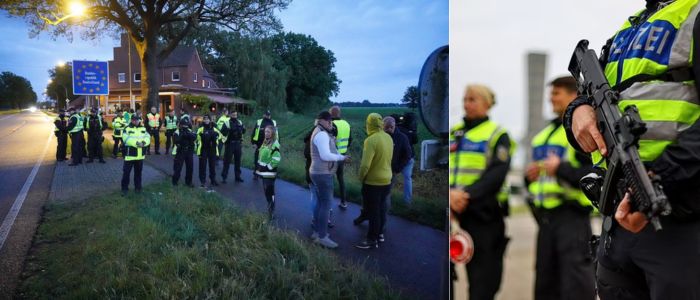
They had stopped cars on the N366 the night before, checking some of the boots. No arrests were made at either event and there were no notable incidents reported on both nights. It was organized by Jan Huzen, an activist with a history of acting alone who has been convicted before for incitement and libel.
He complained about videos showing German security personnel sending an asylum seeker across the border into Dutch territory, which he said pushed the citizens to act when the government would not.
Local fears and governmental action
Jaap Velema, mayor of Westerwolde which includes Ter Apel, where the country's largest reception center is located, recognized “fear and anger” in the public over the asylum issue. But, he said, it wasn’t the right approach to take matters into one’s own hands.
The area has been under pressure to absorb new arrivals by building more housing and reception capacity.
Mixed Results for It’s-not-Spread Policies from Governments
In a bid to stem growing migration concerns, the government implemented enhanced border controls last year to address irregular migration, human smuggling, and document fraud. Those efforts led to more people being stopped and some being denied entry. But the number of people applying for asylum directly at the border is still small, officials said.
In 2024, 400 out of 44,000 total asylum applications — less than 1 percent — were made at the border.
Although movements have slightly declined not only have people smuggling and document fraud arrests fallen. Government auditors have cited that to raise questions about whether the increased border checks are solving the wider asylum problem.









